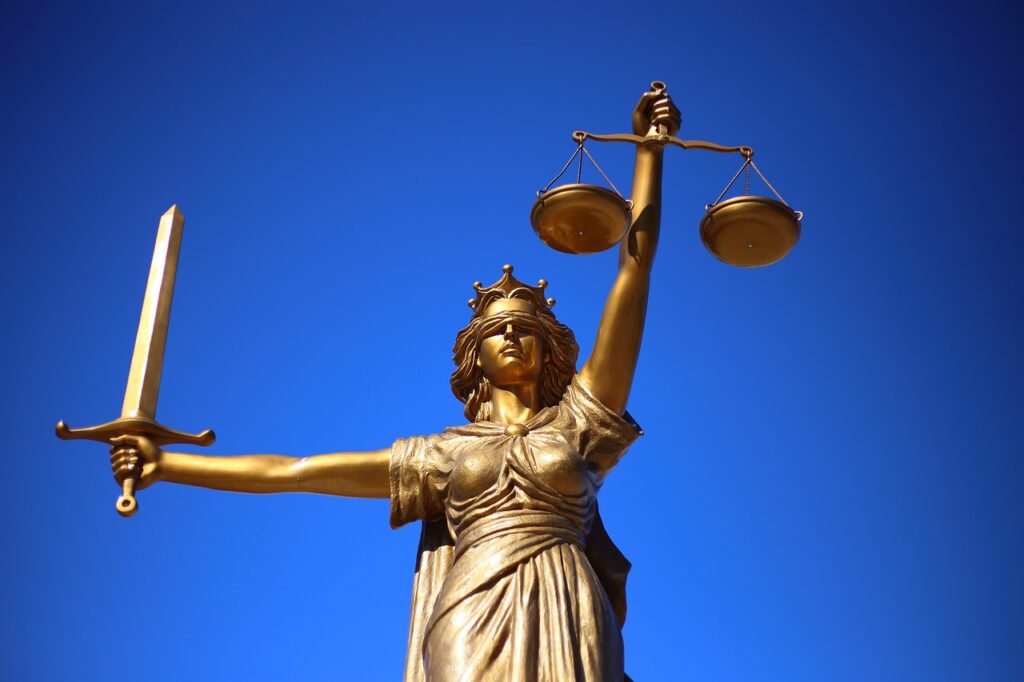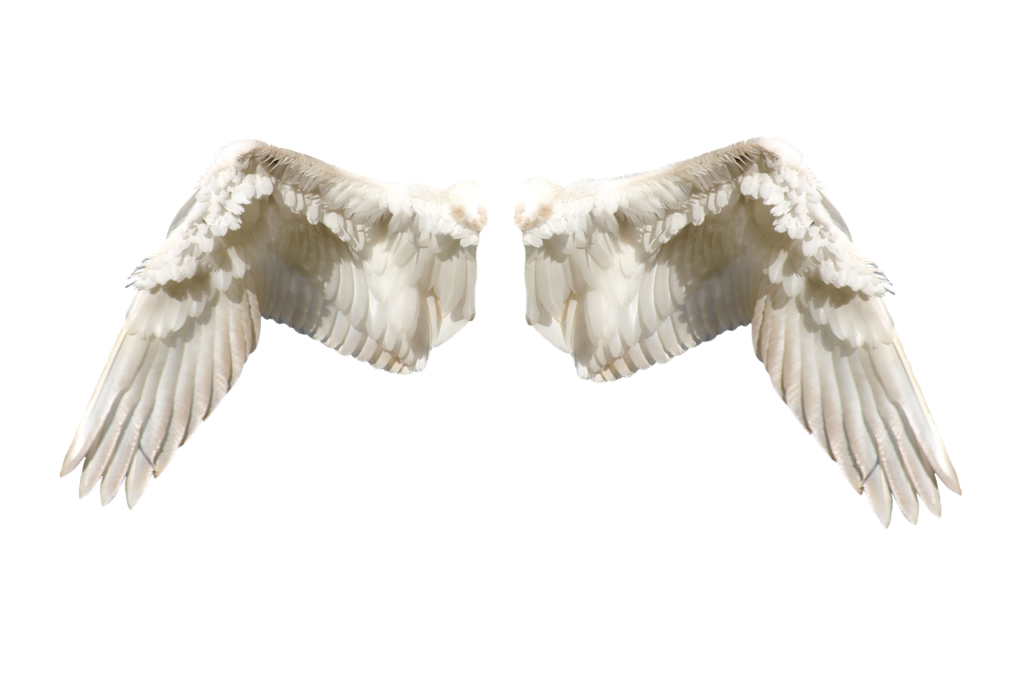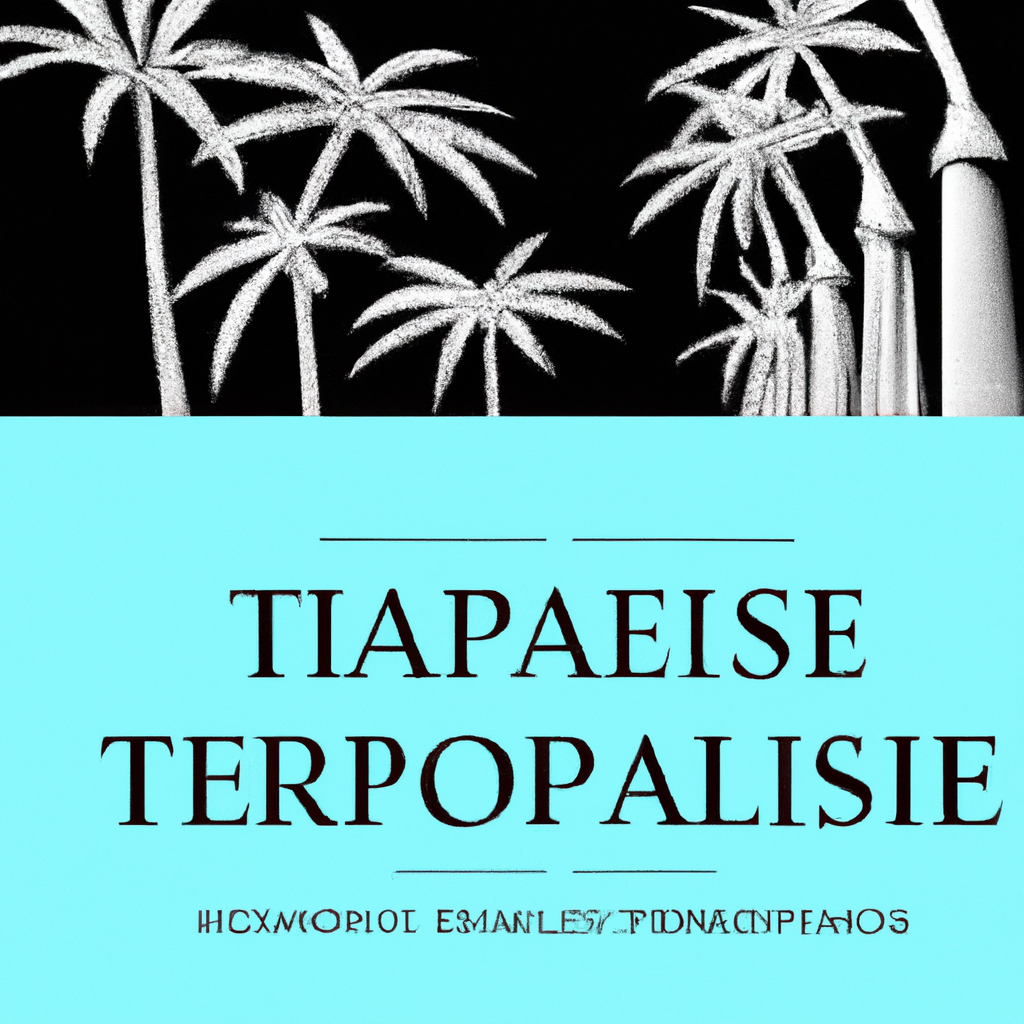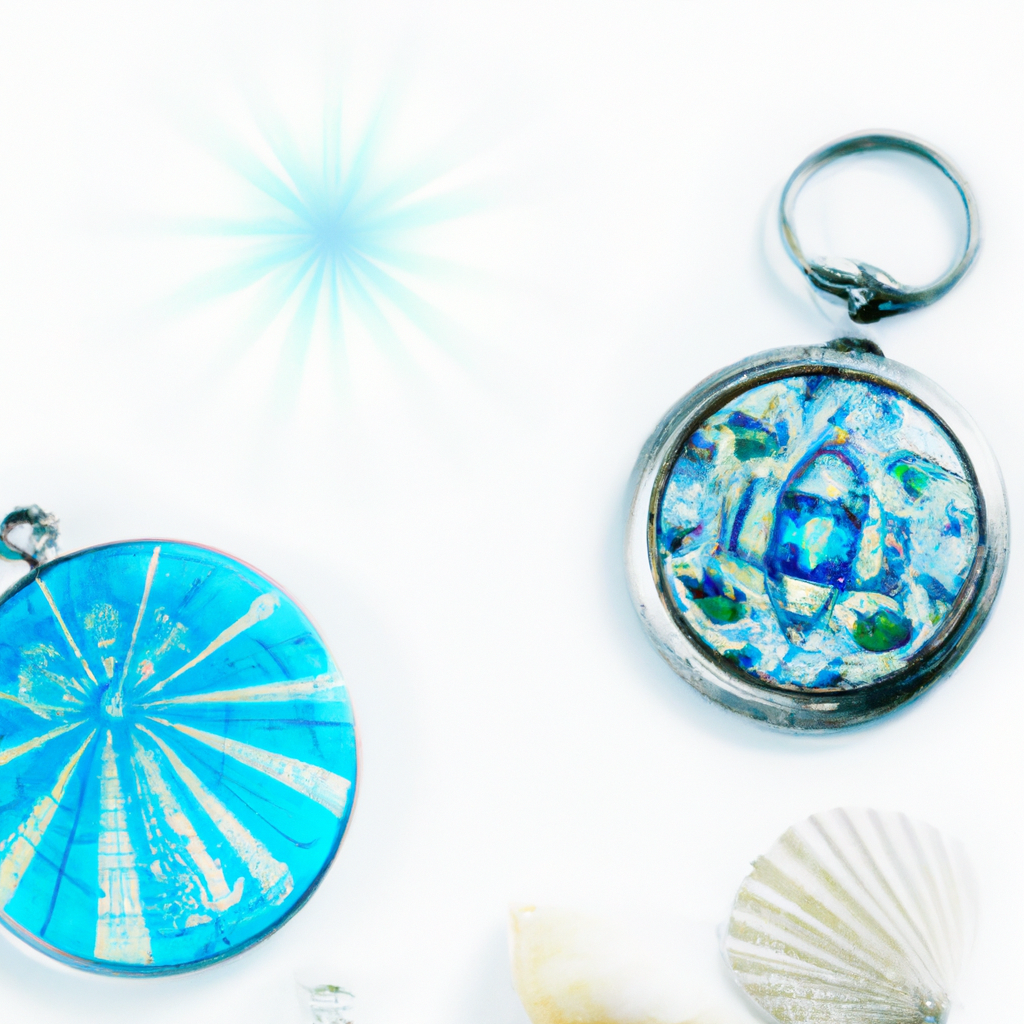In the enchanting world of ancient Greek mythology, the Greek islands held a significant role. These idyllic islands, scattered across the turquoise waters of the Aegean Sea, were not merely geographical locations, but were imbued with rich mythological tales that shaped the beliefs and culture of the ancient Greeks. From the legendary birthplace of Zeus to the ancient battlegrounds of gods and goddesses, each island had its own unique connection to the divine realm. Exploring the mythical connections of the Greek islands in ancient Greek mythology is like embarking on a captivating journey into a world of gods, heroes, and magical creatures, where the lines between reality and fantasy become beautifully blurred, leaving you spellbound by the timeless tales that continue to captivate the imagination.
Introduction to Greek mythology
Greek mythology is a rich tapestry of gods, goddesses, heroes, and creatures that have captivated the imaginations of people for centuries. These mythical stories were passed down orally through generations, intertwining with the history and culture of ancient Greece. One fascinating aspect of Greek mythology is the significant role played by the Greek islands. These islands, scattered across the Aegean and Ionian Seas, served as the backdrop for various myths and legends, adding depth and charm to an already enchanting mythology.
Significance of Greek Islands in ancient Greek mythology
The Greek islands held immense significance in ancient Greek mythology. They were believed to be favored by the gods and goddesses, serving as their divine playgrounds, birthplaces, and even gateways to the underworld. Each island had its own unique connection to a particular deity or myth, contributing to the vast tapestry of Greek mythology. The islands were not merely geographical locations; they were sacred landscapes intricately intertwined with the stories and beliefs of the ancient Greeks.

Representation of Greek Islands in ancient Greek mythology
The representation of Greek islands in ancient Greek mythology was diverse and captivating. Some islands were directly associated with the birth of gods and goddesses, while others were the settings for heroic adventures and romantic tales. Each island had its own unique place in the mythological realm, contributing to the rich tapestry of Greek mythology and showcasing the diverse landscapes and cultures of the Greek islands.
The Birth of the Greek Gods and Goddesses
Mount Olympus: The Home of the Gods
Mount Olympus, although not an island itself, played a crucial role in Greek mythology as the residence of the gods and goddesses. This majestic mountain, located in mainland Greece, served as the divine abode of the Olympian gods, including Zeus, Hera, Poseidon, and Athena. From their lofty positions on Mount Olympus, the gods would oversee the affairs of mortals and immortal beings alike, exerting their influence and intervening in the lives of those below.
Delos: The Birthplace of Apollo and Artemis
Delos, a small island in the Cyclades, holds great significance in Greek mythology as the birthplace of Apollo, the god of light, prophecy, and music, and his twin sister Artemis, the goddess of the hunt and the moon. According to the myth, their mother Leto was forbidden to give birth on land, so she sought refuge on Delos, a floating island. The island itself was said to have been created by Zeus to provide a safe haven for Leto. The birth of Apollo and Artemis on Delos marked the island as a sacred place and a center of worship for these two significant deities.
Naxos: The Origin of Dionysus
Naxos, the largest island in the Cyclades, is closely associated with Dionysus, the god of wine, fertility, and theater. According to the myth, Dionysus was born on Naxos after his mother, Semele, was consumed by the flames of Zeus’ thunderbolt. The island, known for its fertile lands and bountiful vineyards, was believed to hold a special connection to Dionysus, and festivals and rituals dedicated to the god were held there in his honor. Naxos became a symbol of the Dionysian spirit, celebrating the ecstatic pleasures of life and the transformative power of wine.
Crete: Zeus and the Hidden Birth
Crete, the largest of the Greek islands, is renowned for its association with Zeus, the king of the gods. According to legend, Zeus was hidden away in a cave on Mount Ida in Crete to protect him from his vengeful father, Cronus. It was on this island that Zeus was raised and nurtured by the nymphs and eventually grew to become the powerful ruler of Mount Olympus. The mythological connection between Zeus and Crete solidified the island’s importance in Greek mythology, as it became the birthplace of one of the most prominent and influential gods in the pantheon.

The Adventures of Mythological Heroes
Troy: The Epic War and Odysseus’ Journey
The ancient city of Troy, located in modern-day Turkey, holds a significant place in Greek mythology due to the epic war fought between the Greeks and Trojans. This war, known as the Trojan War, is chronicled in Homer’s “Iliad” and tells the story of the Greek hero Odysseus and his arduous journey back to his home on the island of Ithaca. The mythological significance of Troy lies not only in the legendary war but also in the subsequent adventures and trials faced by Odysseus, which showcased the Greek island’s resilience and the determination of its hero.
Ithaca: The Home of Odysseus
Ithaca, one of the Ionian Islands, holds a special place in Greek mythology as the home of Odysseus, the hero of Homer’s epic poem, the “Odyssey.” Ithaca served as the destination to which Odysseus longed to return after the Trojan War. The island became a symbol of homecoming and perseverance, as Odysseus faced numerous challenges and temptations during his ten-year journey back to his beloved Ithaca. The enduring image of Odysseus’ return to Ithaca has left a lasting impression on Greek mythology, emphasizing the importance of home and the strength of determination.
Crete: The Mythical Labyrinth and the Minotaur
Crete once again emerges in Greek mythology, this time as the setting for the mythical Labyrinth and the fearsome Minotaur. King Minos of Crete commissioned the construction of the Labyrinth to imprison the Minotaur, a half-human, half-bull creature born from the union of Minos’ wife and a divine bull. This labyrinthine structure, designed by the master craftsman Daedalus, became a symbol of mystery and a treacherous place from which one could never escape. These mythological tales surrounding the Labyrinth and the Minotaur have forever linked Crete to both fear and fascination.
Rhodes: The Colossus of Rhodes and the Helios Connection
Rhodes, an island located in the eastern Aegean Sea, boasts its own extraordinary mythological connections. According to legend, Helios, the sun god, had a fondness for Rhodes and gifted the island with abundant sunshine and a temperate climate. The island’s association with Helios is further exemplified by the Colossus of Rhodes, a colossal statue dedicated to the sun god. This magnificent statue, considered one of the Seven Wonders of the Ancient World, stood guard over the island’s entrance and served as a testament to the island’s mythical connection to Helios.
The Romantic Tales of Love and Gods
Cyprus: The Birth of Aphrodite
Cyprus, situated in the eastern Mediterranean, holds a central role in the mythological tales of love and beauty as the birthplace of Aphrodite, the goddess of love and beauty. According to legend, Aphrodite emerged from the sea foam near Paphos, a city on the island of Cyprus. This mythological connection forever associated Cyprus with the essence of love and desire, making it a revered destination for lovers and a place of worship for those seeking the blessings of Aphrodite.
Santorini: The Legendary Love Story of Thera and Therasia
Santorini, a picturesque island in the southern Aegean Sea, is the setting for a captivating love story in Greek mythology. According to the myth, Santorini was originally known as Thera and was home to a beautiful prince named Theras. Thera fell in love with a maiden named Therasia, and their love was so strong that upon their deaths, the two islands of Thera and Therasia were formed as a testament to their eternal bond. The mythological connection between Santorini and this romantic tale has added an air of enchantment to the island, making it a popular destination for honeymooners and hopeless romantics.
Lesbos: The Poetic Inspiration of Sappho
Lesbos, an island in the northeastern Aegean Sea, is renowned for its connection to the ancient Greek poet Sappho. Sappho, often referred to as the “tenth muse,” hailed from the island of Lesbos and was known for her lyrical poetry, often celebrating love and passion. The beauty and tranquility of Lesbos served as inspiration for Sappho, and her works reflected the island’s natural splendor. The mythological association between Sappho and Lesbos has ensured the enduring legacy of the island in literary and poetic circles.
Mykonos: The Myth of Hercules and Mykonos’ Giants
Mykonos, a popular tourist destination in the Cyclades, is steeped in mythological tales, including the fearless deeds of Hercules. According to the myth, Hercules battled and defeated a group of giants known as the Titans on Mykonos. The island’s rocky landscape is said to be the petrified remains of these defeated giants. Mykonos, also known for its vibrant nightlife and charming beauty, became a symbol of Hercules’ strength and courage, attracting visitors who wished to experience the mythological connection firsthand.

The Divine Punishments and Divine Interventions
Samos: The Wrath of Hera
Samos, an island in the eastern Aegean Sea, holds a notorious place in Greek mythology due to its association with the vengeful goddess Hera. According to the myth, Hera’s anger was directed at the people of Samos, who had insulted the goddess. In her wrath, Hera sent a deadly disease to the island, causing widespread suffering and death. It was only when the inhabitants appeased Hera through worship and reverence that the plague was lifted. This tale speaks to the power of the gods and the consequences that mortals faced when they incurred their wrath.
Aegina: The Wrath of Zeus
Aegina, an island in the Saronic Gulf, became embroiled in the wrath of Zeus in Greek mythology. According to legend, Zeus abducted a beautiful nymph named Aegina and brought her to the island, where she eventually gave birth to the hero Aeacus. The wrath of Zeus on Aegina serves as a reminder of the gods’ capricious nature and their ability to shape the lives of mortals. Aegina’s mythological connection to Zeus adds depth and intrigue to the island’s history and reinforces the idea of divine intervention in the mortal realm.
Sicily: The Story of Persephone and the Underworld
Sicily, the largest island in the Mediterranean Sea, holds a significant place in Greek mythology due to its association with Persephone, the daughter of Zeus and Demeter. According to the myth, Persephone was abducted by Hades, the god of the underworld, while she was picking flowers in Sicily. This led to the devastating separation of Demeter, the goddess of agriculture, from her daughter, plunging the world into a perpetual winter. The mythological link between Sicily, Persephone, and the underworld showcases the island’s connection to both life and death and underscores the cyclical nature of the seasons.
Corfu: The Story of Poseidon and the Shipwreck
Corfu, an island in the Ionian Sea, has its own mythological tale involving the god of the sea, Poseidon. According to the myth, Poseidon was traveling with his son, the hero Phaeax, when he spotted a beautiful nymph named Korkyra swimming in the sea surrounding the island. Poseidon fell in love with Korkyra and transformed her into the island of Corfu, which took her name. The shipwreck of Poseidon and the transformation of Korkyra into Corfu perpetuate the island’s enchanting mythological heritage and highlight the island’s connection to the mighty Poseidon.
The Mystical Creatures and Powerful Beings
Kos: The Medicine of Asclepius
Kos, one of the Dodecanese islands, holds a special place in Greek mythology as the birthplace of Asclepius, the god of healing and medicine. According to legend, Asclepius was born to Apollo and a mortal woman named Coronis on the island of Kos. Asclepius became renowned for his ability to heal the sick and wounded, and his worship spread throughout ancient Greece. Kos, with its natural beauty and ancient healing centers, became associated with Asclepius and served as a sanctuary for those seeking health and well-being.
Rhodes: The Colossus of Rhodes and the Helios Connection
Rhodes once again enters the realm of mythology, this time due to its association with the mighty Helios and the colossal statue known as the Colossus of Rhodes. Helios, the sun god, was believed to have a deep connection with Rhodes, gifting the island with an abundance of sunlight and a temperate climate. The Colossus of Rhodes, a monumental statue that once stood as a symbolic feat of engineering, further solidified the island’s mythical connection to Helios. The representation of this powerful being, combined with the island’s natural beauty, ensured Rhodes’ enduring place in Greek mythology.
Santorini: The Cyclops Connection
Santorini, already known for its legendary love story, can also claim a connection to the ancient mythical creatures known as cyclops. According to legend, Santorini was believed to have once been inhabited by a race of cyclops. These fearsome one-eyed giants were known for their strength and brutality. The mythological connection between Santorini and the cyclops adds an intriguing layer to the island’s already captivating allure, allowing visitors to delve into the ancient tales of these mythical beings.
Crete: The Myth of the Minotaur
Crete, already recognized for its role in Zeus’ hidden birth, is also home to the infamous myth of the Minotaur. The Minotaur, a fearsome creature with the head of a bull and the body of a human, was said to dwell in the labyrinth of Crete. King Minos, the ruler of Crete, commissioned the construction of the labyrinth to imprison the Minotaur, who demanded a yearly sacrifice of young Athenians. The mythological link between Crete and the Minotaur showcases the island’s connection to both mystery and danger, immersing visitors in the captivating tales of ancient Greece.

The Underworld and Afterlife
Hades: The Ruler of the Underworld
Hades, often associated with the underworld and the afterlife, played a pivotal role in Greek mythology. As the ruler of the underworld, Hades’ realm lay beneath the earth, an eerie and mysterious land inhabited by the souls of the deceased. Although not associated with a specific Greek island, the concept of the underworld and Hades himself permeates the mythology surrounding the Greek islands. The mythological association with the afterlife adds a sense of depth and complexity to the narrative, reminding us of the cycle of life and death.
Lesvos: The Gate to the Underworld
Lesvos, one of the largest Greek islands, holds a unique connection to the underworld as the supposed gate to the realm of Hades. According to legend, a network of caves on the island was believed to lead directly to the underworld, serving as a passage for the souls of the deceased. This mythological connection between Lesvos and the underworld adds an air of mystique to the island, making it a site of fascination for those intrigued by the realm of Hades and the mysteries of the afterlife.
Cape Tainaron: The Entrance to Hades
Cape Tainaron, located in the southern Peloponnese, holds its own mythological connection to the underworld as the supposed entrance to Hades. According to ancient beliefs, this rugged and remote cape was believed to be the gateway to the realm of the dead. It was said that the souls of the deceased would pass through Cape Tainaron on their journey to the underworld. The association between Cape Tainaron and Hades serves as a reminder of the island’s connection to the afterlife and adds a layer of intrigue to its natural beauty.
Erebus: The Primordial God of Darkness
Erebus, a primordial deity associated with darkness and shadow, played a role in Greek mythology as the offspring of Chaos and the father of various gods and goddesses. While not directly associated with a specific Greek island, Erebus represents the primal force of darkness that exists in the mythological realm. His presence serves as a reminder of the complex and interconnected nature of Greek mythology, with every aspect of the world, both earthly and celestial, playing a role in the grand tapestry of myth and legend.
The Greek Islands in Modern Culture
Inspiration for Artists and Writers
The rich mythology and evocative landscapes of the Greek islands continue to inspire artists and writers to this day. From the enchanting tales of love and heroism to the complex narratives of gods and goddesses, Greek mythology has provided a wellspring of inspiration for countless creative minds. Artists such as Salvador Dalí, poets like Lord Byron, and writers including Nikos Kazantzakis have all drawn from the captivating mythological heritage of the Greek islands to create their own masterpieces. The enduring impact of Greek mythology on modern art and literature serves as a testament to the timeless allure of these ancient tales.
Tourism and Mythology
The mythological connections of the Greek islands have also played a significant role in the tourism industry. Travelers from around the world are drawn to the islands by the allure of exploring the landscapes that inspired the fascinating tales of gods, heroes, and mythical creatures. Visitors can explore archaeological sites, visit museums, and experience the vibrant traditions and celebrations that pay homage to the ancient myths. The tourism industry has become a catalyst for preserving and sharing these mythological connections, ensuring that future generations can continue to experience the enchantment of Greek mythology firsthand.
Cultural Preservation and Celebration
The ancient myths and legends of the Greek islands are not merely stories of the past; they are an integral part of the cultural identity of Greece. These mythological tales underpin the traditions, customs, and values still celebrated by the Greek people today. From religious ceremonies to festivals dedicated to specific gods and goddesses, the Greek islands continue to preserve and celebrate their mythological heritage. These celebrations serve not only to honor the gods and heroes of ancient Greece but also to foster a sense of cultural pride and identity among the local communities and the wider Greek population.
Greek Island Festivals and Events
The Greek islands are home to a multitude of festivals and events that bring the mythology of ancient Greece to life. These gatherings provide a unique opportunity for locals and visitors alike to immerse themselves in the customs and traditions of the islands, allowing them to experience firsthand the vibrant spirit of Greek mythology. From theatrical performances of famous myths to processions and reenactments, these festivals serve as a reminder of the enduring legacy of Greek mythology and its continued impact on the cultural fabric of the Greek islands.

Conclusion
The Greek islands hold a cherished place in the mythology of ancient Greece. These picturesque landscapes served as the backdrop for countless myths, legends, and tales that continue to captivate audiences to this day. From the birth of gods and goddesses to the trials and adventures of mythical heroes, the Greek islands have left an indelible mark on the tapestry of Greek mythology. Their association with love, punishment, and the afterlife has added depth and enchantment to these timeless stories. The enduring legacy of Greek mythology on the culture and identity of Greece, as well as its continued fascination and appreciation by people around the world, is a testament to the enduring impact of the Greek islands in ancient mythology. As we continue to explore and celebrate the myths of ancient Greece, the Greek islands remain a source of inspiration, offering a glimpse into a world of gods, heroes, and mythical creatures.
